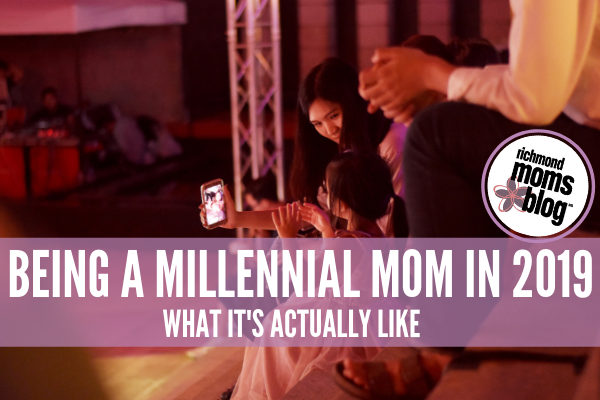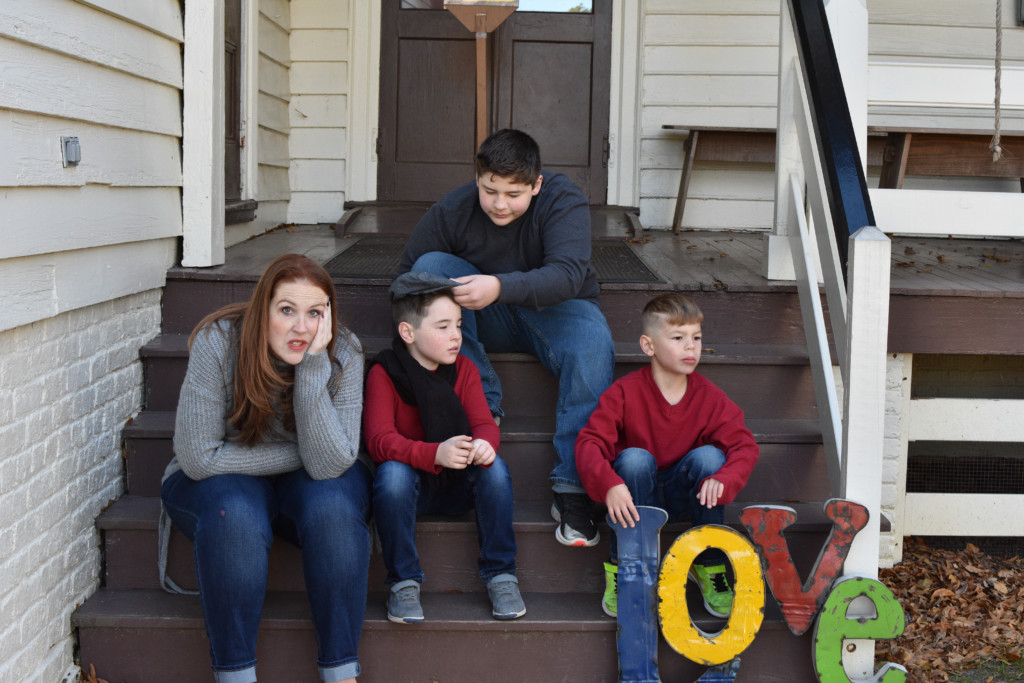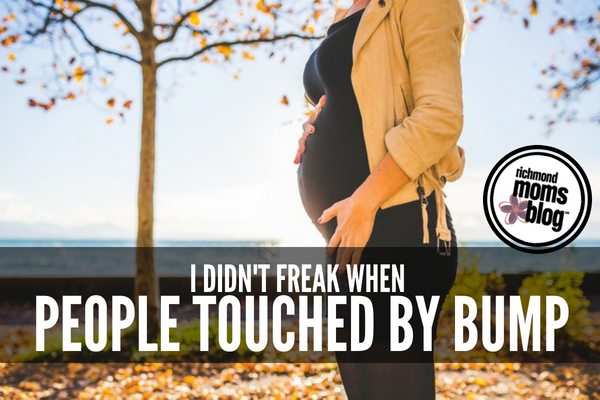Her loud, clear voice cut through the din of children’s babble and parent conversation around us.
I stood near the edge of the large rectangular play area, my infant son in a carrier as my 2-year-old daughter played happily in the cool sand.
“What did I tell you to do when someone tries to take something from you?” this young mother asked a small boy in the sand pit who looked to be around 4 or 5 years old. He averted his eyes. His body tensed and turned inward as if he were trying to make himself smaller.
I waited for the second half of the sentence, the familiar refrain told to children everywhere, to practice patience, to share, to play well with others.
“Hold on tighter,” she continued, her voice raised higher. “And whatever you do, don’t let go.”
Her words landed with the weight of bricks. I noticed a few other heads turn, a few other sets of adult eyes register surprise.
I looked at her. She was young, in her 20s, wearing the typical cool relaxed mom uniform of leggings, a t-shirt, and a messy bun. I searched her face for a wink, some trace of laughter in her voice or eyes. There was none. She focused on her son, and the message was obvious. She was disappointed because he had given up a communal playground toy without a fight.
As a rule, I try to avoid playground snap judgment.
There’s too much missing backstory. The mother who snaps aggressively at her kids may be going through trouble in her marriage or a loss in her family, or simply existing on too little sleep and not enough help.
The woman on her phone might be on the lookout for a crucial work email or an acceptance letter from a graduate school. Maybe she’s just done, mentally and emotionally, and needs a 5-minute social media reprieve from her real life while her children play.
There’s a lot we don’t know about the inner lives of the people we see at the playground.
But I couldn’t let this woman, or her words, go. They followed me the rest of the morning, as I brushed sand off my daughter’s feet and loaded her into her stroller. I heard them echo in the car ride home, and as I spread peanut butter on bread for lunch.
They were in my ear as I went to sleep. Even by the next morning, they remained stubbornly there, like a splinter lodged in my skin.
I’ve been trying to sort through her words, that short sentence, to understand just what about it bothers me so much.
Of course, I feel shocked. It’s hard for me to understand why anyone would choose to raise their children with such a worldview, a grabby, antagonistic mentality where kindness is equated with weakness.
I’m sad for her shy boy, who was scolded for giving up a toy. He did the right thing, by standards of decency and compassion, and she made him feel inadequate for it.
But more than my gut reaction, more than my specific empathy for the child involved, I think it bothers me and has stuck in my mind like a grain of sand because something about it doesn’t feel like an isolated incident.
There’s been a pendulum shift lately.
These shifts happen whenever progress happens, particularly in periods where progress leaps forward. The entrenched parts of our world always try to course correct. They want to pull us back down into old, uglier habits. A few nasty voices will always try to shout louder than a thousand voices of hope and change.
Progress happens, and there are always those who consider it a failure.
There are always those who think the past is better than the present, who talk of the “good old days” and the failings of the current generation. They ignore all of the ways we’re better, our strides toward tolerance and equality and moral reckonings, and instead smirk at what they think is soft or weak.
I didn’t watch Roseanne when it was on 20 years ago, and I haven’t watched the reboot. I do know there was recently a controversial scene where the character of Roseanne Connor calls her granddaughter an “entitled little [b-word]” and shoves her head under the kitchen faucet.
This scene was intended to be an uproarious moment of catharsis, to elicit laughs from viewers who feel today’s youth deserve that kind of comeuppance, who believe that kids today are spoiled and entitled and in need of some physical and verbal old-school discipline.
I hear that kind of derision lobbed at youth a lot when people suggest that participation trophies ruined an entire generation. They suggest young people are spineless narcissists who don’t understand the value of honest work. They label us “helicopter parents,” say we don’t discipline enough and are too involved with our children’s lives.
Every generation questions the generation who comes next.
That’s natural. What feels different is the level of vitriol present right now, the backlash, the rejection of anything perceived as weak or soft.
There’s a group of people who seem determined to go the opposite direction. They want to raise children the “old school” way, with toughness and old-fashioned parenting values. Boys who will play with trucks and girls who will play with dolls regardless of what they actually want or desire in their souls. Kids who either win or lose, who take what’s theirs without consideration for others.
There’s a dangerous rip current below the surface of our days.
There’s an idea that we have left behind a golden era, that even with all the strides we’ve made, the present represents a failure. Some believe that the only way to right the ship again is to return to a harsher, more structured world. I felt that current ripple through that mother’s words, and maybe that’s why I can’t get them out of my head.
Our present is not perfect. Not every change is good. Progress can be bumpy. It’s not always a straight line. However, the end result of change is always and has always been a kinder, better world.
Our children are the key to ensuring progress moves forward.
I want to raise a “soft” daughter and son. If I’m lucky, they will give instead of taking. If I’m really lucky they will never know violence. I want these soft children of mine to make the world softer.
I want them to feel entitled, entitled to a better, more fair and tolerant world. I’m sad that this isn’t a universal hope. For some parents, a sandbox, like the world, is a sharp, pointed place where the one who holds on tightest wins.











